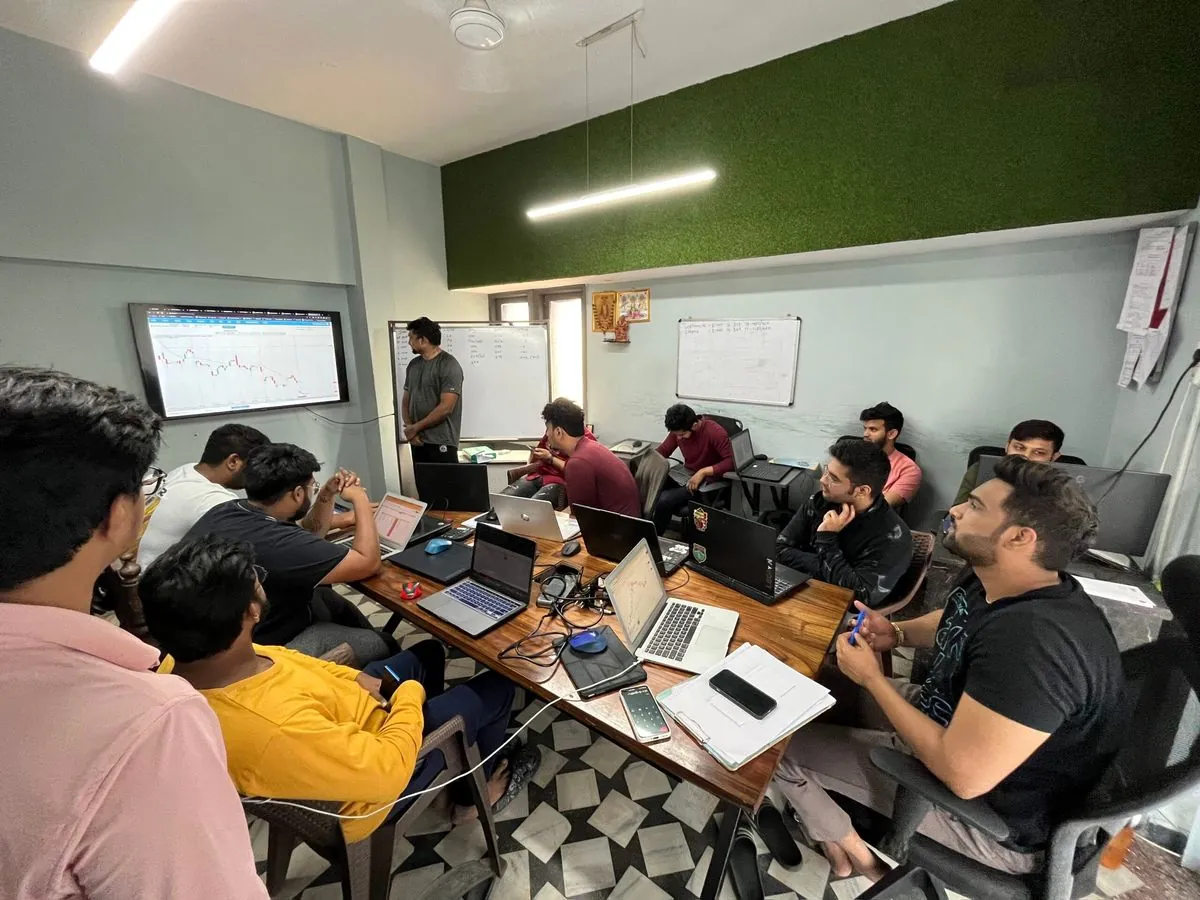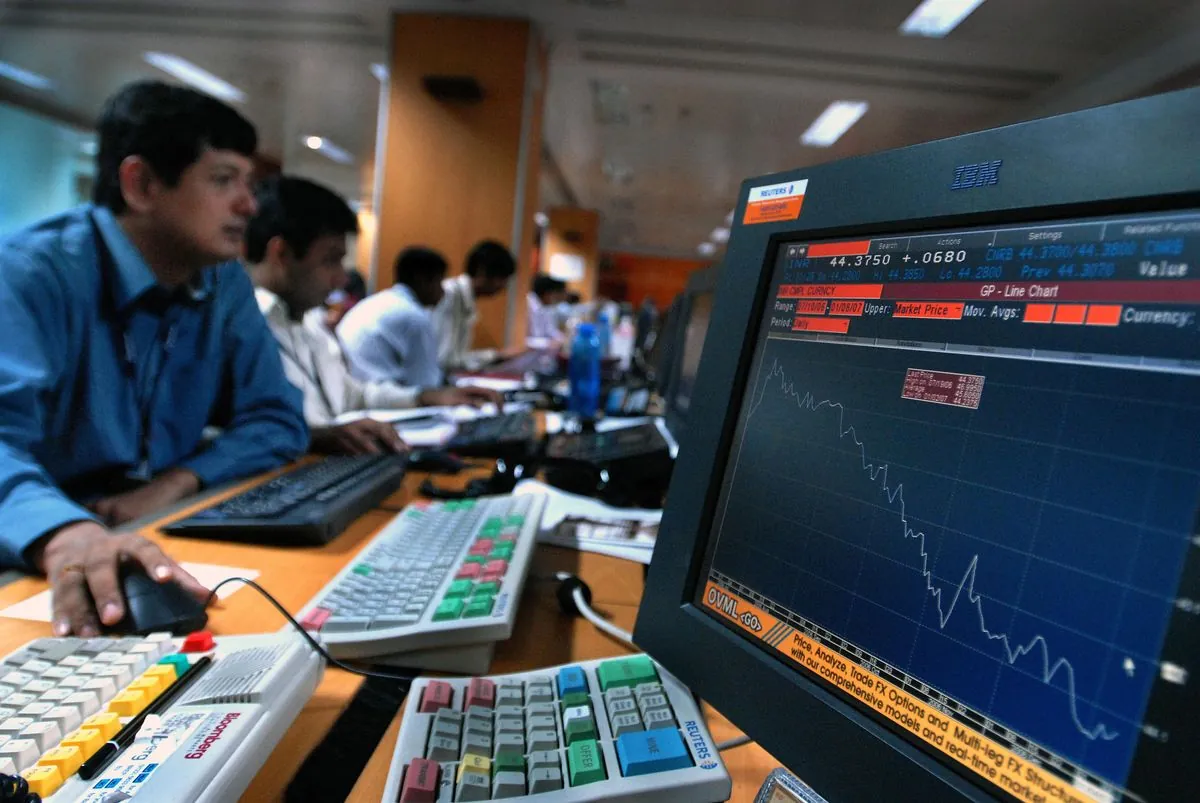SEBI Probes Investment Banks Over High Fees in Small Business IPOs
India's securities regulator investigates six investment banks for charging excessive fees in small business IPOs. SEBI plans tighter rules amid booming market and concerns over malpractices.

India's securities regulator, the Securities and Exchange Board of India (SEBI), has launched an investigation into six domestic investment banks over concerns of malpractice in the thriving small business Initial Public Offering (IPO) market. The probe, which began earlier this year, is primarily focused on the unusually high fees charged by these banks for their services in small business IPOs.
Sources familiar with the matter have revealed that at least half a dozen small investment banks have been charging fees equivalent to 15% of the funds raised through IPOs. This figure significantly exceeds the standard practice of 1-3% typically observed in India's financial markets. The investigation is part of SEBI's broader efforts to safeguard investors and maintain market integrity.
SEBI, established in 1992 and headquartered in Mumbai, has been closely monitoring the booming IPO market for small businesses. In the fiscal year ending March 2024, 205 small firms raised 60 billion rupees through IPOs, marking a substantial increase from the previous year when 125 companies raised 22 billion rupees. The period from April to August 2024 has already seen 105 small firms raise 35 billion rupees, with over two-thirds of the offerings being oversubscribed.

The regulator's concerns extend beyond excessive fees. SEBI is investigating potential coordinated activities between banks and certain investors who may be violating rules by placing large bids as both high net-worth individuals and ordinary retail investors. These practices could artificially inflate subscription rates, potentially misleading other investors.
In response to these concerns, SEBI has already taken some preventive measures. In July 2024, the regulator capped the first-day share price gains for small firms at 90%. This move aims to curb excessive speculation and protect investors from potential market manipulation.
"IPOs for small and medium-sized enterprises have lacked checks and balances."
Ashwani Bhatia, a senior SEBI official, recently announced that the regulator would soon propose tighter rules for small business IPOs. These new regulations are expected to address the current gaps in oversight and enhance investor protection.
It's worth noting that small businesses in India, with annual turnover ranging from 50 million to 2.5 billion rupees, list on separate sections of the Bombay Stock Exchange (BSE) and the National Stock Exchange of India (NSE). The BSE, Asia's oldest stock exchange established in 1875, and the NSE, India's first electronic stock exchange founded in 1992, play crucial roles in facilitating these listings.
The small and medium-sized enterprise (SME) sector contributes significantly to India's economy, accounting for about 30% of the country's GDP. Recognizing the importance of this sector, the BSE launched its SME platform in 2012 to facilitate the listing of small companies.
As SEBI continues its investigation and works on implementing new regulations, it's clear that the regulator is committed to maintaining a balance between fostering growth in the small business sector and ensuring market integrity. The outcome of this probe and subsequent regulatory changes could have far-reaching implications for India's IPO landscape and the broader financial market.


































